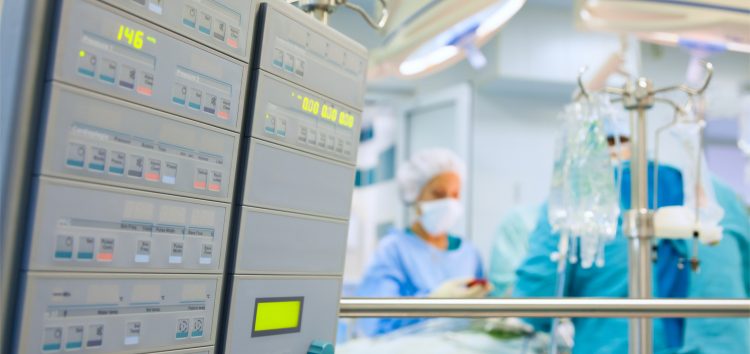Call today and speak to Jason Brady, specialist medical negligence solicitor. Find out if you can claim compensation.
CALL 0800 083 5500
Blackwater Law medical negligence solicitors acted for Mrs Allan after surgeons and medical staff failed to take reasonable precautions to prevent infection during and after heart surgery.
 Mrs Allan underwent coronary artery bypass surgery. Following the surgery, Mrs Allan developed an infection, suffered from sternal pain and discharging wounds and had to undergo multiple revision operations.
Mrs Allan underwent coronary artery bypass surgery. Following the surgery, Mrs Allan developed an infection, suffered from sternal pain and discharging wounds and had to undergo multiple revision operations.
Mrs Allan approached Blackwater Law medical negligence solicitors for advice as to whether she may be able entitled to medical negligence compensation as part of a surgical error claim. Mrs Allan was provided with initial advice by specialist medical negligence lawyer, Jason Brady. Having spoken with Mrs Allan, Blackwater Law agreed to represent Mrs Allan on a no-win, no-fee basis.
Blackwater Law argued the hospital failed to take reasonable precautions to prevent Mrs Allan from developing an infection, failed to identify the infection expeditiously and failed to treat the infection effectively. Blackwater Law argued the patient suffered significantly due to the infections, repeat surgical procedures and having a large part of her sternum and other parts of her chest area removed due to the extensive infection. The client also suffered from psychological symptoms and was diagnosed with Adjustment Disorder. Liability was denied by the defendant.
Blackwater Law has a nationwide panel of specialist medical experts that it utilises to provide supporting evidence for clients’ medical negligence claims. From this panel, Mrs Allan’s medical negligence lawyer, Jason Brady, selected a leading cardiothoracic surgeon to provide a medical opinion on Mrs Allan’s case. The expert concluded:
The Defendant instructed their own (orthopaedic) medical expert who argued:
A Costs and Case Management Conference was held and during this, the judge commented that there was reservation over the suitability of the Defendant’s medical expert. After the conference, both expert evidence and witness evidence was exchanged and the Defendant made an initial offer of £14,000. This was rejected by Jason Brady. Negotiations continued and the defendant accepted Mr Brady’s offer to settle at £20,000.
Blackwater Law and Mrs Allan were pleased with the settlement achieved as the final settlement of £20,000 medical negligence compensation was above the £15,000-£17,000 which had been estimated by a barrister.